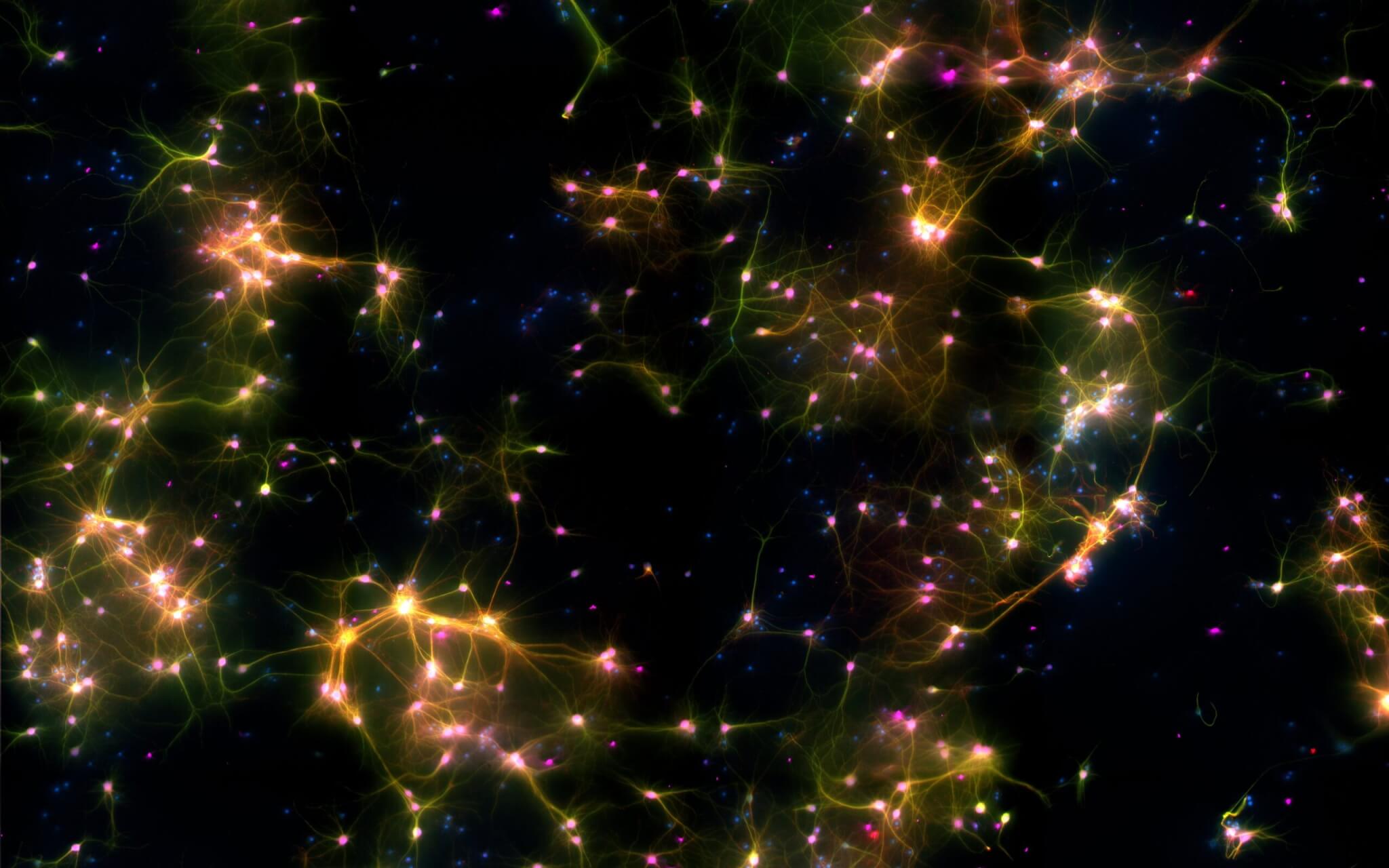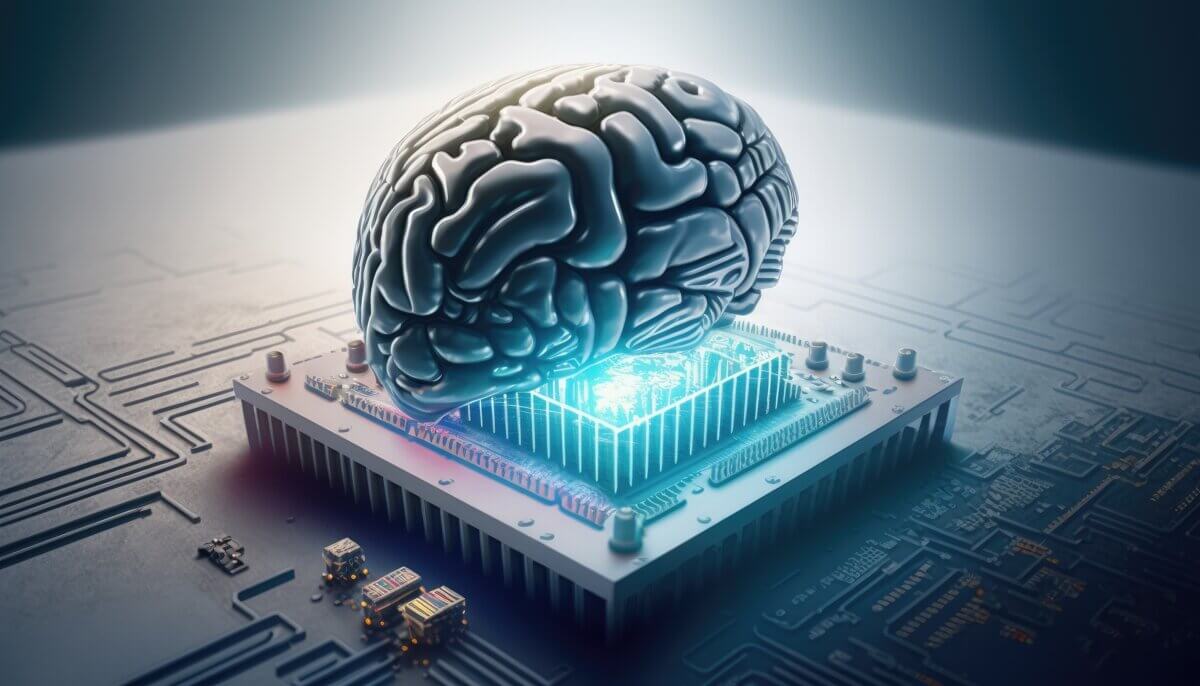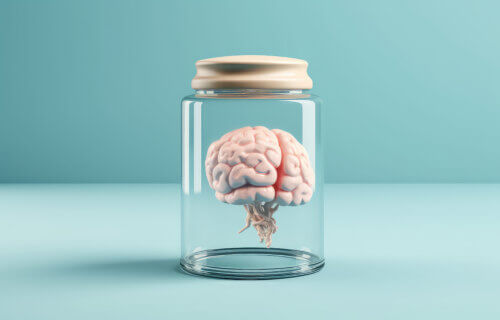MELBOURNE, Australia — In a revolutionary leap from the pages of science fiction, “bio-computing” has arrived. This next step in technology uses biological parts as hardware in new computational devices — essentially a computer with a brain. However, an international team of specialists is now urging society take a pause to understand and responsibly harness this power.
The creators of DishBrain, a device that comprises 800,000 live brain cells in a dish which successfully learned to play the game Pong, have teamed up with bioethicists and medical scientists. Together, they are laying down guidelines for how best to explore and use this technology.
“Combining biological neural systems with silicon substrates to produce intelligence-like behavior has significant promise, but we need to proceed with the bigger picture in mind to ensure sustainable progress,” says study lead author Dr. Brett Kagan, chief scientific officer of biotech start-up Cortical Lab, in a media release.

The ethical dimensions of bio-computing throw up deep philosophical questions, ones that have intrigued thinkers for ages. What defines human consciousness or life?
“We haven’t adequately addressed the moral issues of what is even considered ‘conscious’ in the context of today’s technology,” says study co-author Julian Savulescu, the Uehiro Chair in Practical Ethics at the University of Oxford. “As it stands, there are still many ways of describing consciousness or intelligence, each raising different implications for how we think about biologically based intelligent systems.”
Dr. Tamra Lysaght, a study co-author and the director of research at the Centre for Biomedical Ethics at the National University of Singapore, references early English philosopher Jeremy Bentham’s view on animal rights, suggesting that the capacity to suffer is more relevant than reasoning or speech when considering moral status.
“From that perspective, even if new biologically based computers show human-like intelligence, it does not necessarily follow that they have moral status,” says Dr. Lysaght. “Our paper doesn’t attempt to definitively answer the full suite of moral questions posed by bio-computers, but it provides a starting framework to ensure that the technology can continue to be researched and applied responsibly.”

This technology isn’t just about creating smart machines; it has the potential to revolutionize medicine. For instance, DishBrain could fast-track our comprehension of diseases like epilepsy and dementia.
“Current cell lines used in medical research predominately have European-type genetic ancestry, potentially making it harder to identify genetic-linked side effects,” says study co-author Dr. Christopher Gyngell, research fellow in biomedical ethics from the Murdoch Children’s Research Institute and The University of Melbourne.
“In future models of drug screening, we have the chance to make them more sufficiently representative of the real-world patients by using more diverse cell lines, and that means potentially faster and better drug development.”
Beyond medical benefits, the environmental implications of bio-computing are profound. Traditional silicon-based computing drains immense energy, with supercomputers consuming millions of watts. In stark contrast, the human brain operates on a mere 20 watts.
“Silicon-based computing is massively energy-hungry with a supercomputer consuming millions of watts of energy. By contrast, the human brain uses as little as 20 watts of energy – biological intelligences will show similar energy efficiency,” notes Dr. Kagan. “As it stands, the IT industry is a massive contributor to carbon emissions. If even a relatively small number of processing tasks could be done with bio-computers, there is a compelling environmental reason to explore these alternatives.”
The study is published in the journal Biotechnology Advances.

